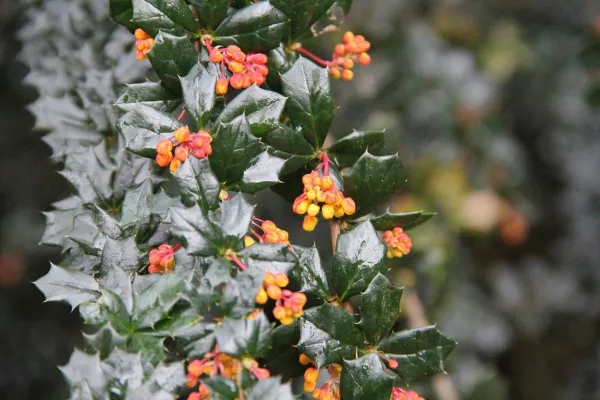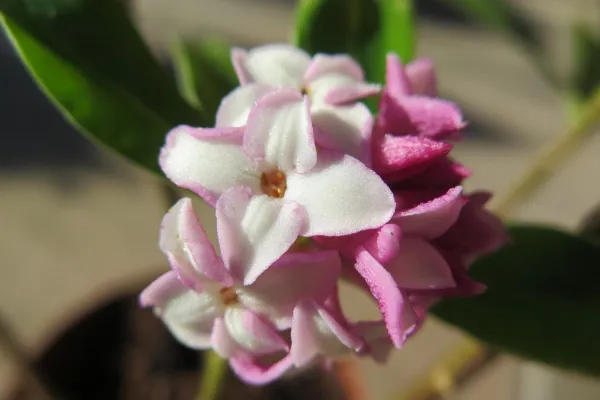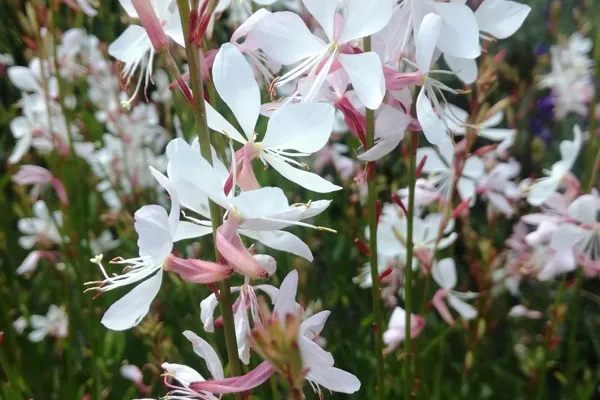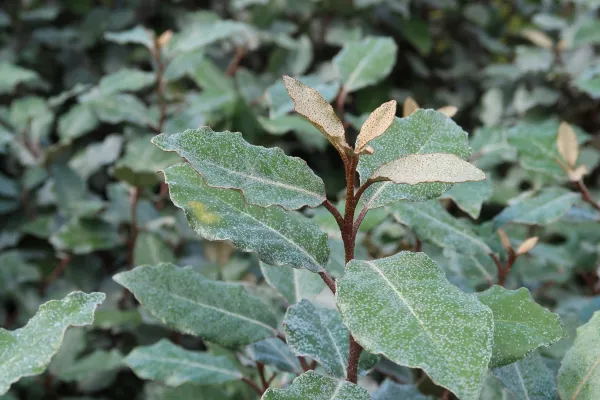Horticultural charity Plant Heritage is calling for anyone across the UK who is passionate about plants to help save ten plant groups which could be at risk, as part of its annual ‘Missing Genera’ campaign.
The Missing Genera 2020 comprises ten different types of plants, including Aubrieta, which is often one of the first bursts of colour in spring and the beautifully scented Hoya, perfect in any home or conservatory. These aren’t currently represented by one of the charity’s 650+ National Plant Collections, which means that the range of species and cultivars are not being cared for and they’re at risk of being lost – something Plant Heritage has been working hard to prevent since 1978.
Vicki Cooke, Conservation Manager, Plant Heritage explains: “The idea of the Missing Genera campaign is to showcase some of the many types of garden plant we have in the UK that don’t have a National Plant Collection to look after them. Anyone can help by starting their own National Plant Collection of one of the types listed this year, which they can care for, grow and ultimately help to conserve for future generations to enjoy.”

Berberis lologensis 'Mystery Fire'. Credit: Plant Heritage

Daphne odora 'Aureomarginata'. Credit: Plant Heritage
This year, the ten plant varieties in need of a home are:
- Arisaema: Also called the Snake Lily, there are many species and a handful of known cultivars grown in the UK. These striking plants have unusual flowers, some of which are tender and others which can be grown outside in a shady spot.
- Aubrieta: One of the firsts bursts of colour in spring, Aubrieta boasts either pink, purple or blue flowers which light up a rock garden, or any well-drained patch of ground.
- Berberis: Also known as barberry, these deciduous or evergreen shrubs stand-out due to their colourful flowers and berries - as well as their thorns!
- Daphne: Native to Britain and other parts of Europe, these winter or spring flowering shrubs have incredibly fragranced flowers. They dislike waterlogged soils and drought.
- Elaeagnus: If a delicious floral scent is what you’re looking for in a plant, look no further! Also called silverberry they can flower in spring and early summer, or in autumn.
- Gaura: Pretty in shades of pink and white, Gaura flowers from late summer into autumn. They’re drought tolerant deciduous perennials, so you can enjoy its delicate flowers year after year!
- Hoya: These beautifully scented plants are perfect in a home or conservatory. Also known as wax flowers, there are 18 species and cultivars currently available in the UK.
- Papaver (oriental group): These pretty perennial poppies are a stalwart of early summer. Since the 19th century oriental poppies have been bred to produce a range of coloured flowers, from pastel shades to deep plums, in addition to their original red.
- Robinia: With its eye-catching, hanging bunches of pink, white or yellow flowers, this tall member of the legume family needs space to grow - and for their beauty to be appreciated!
- Tradescantia: A genus of two halves; the indoor houseplant boasts foliage of purple, green and white, often with no or insignificant flowers. Head outside however and you’ll find a herbaceous perennial with lilac, blue or purple flowers in clumps of strap-like foliage.

Gaura 'Karalee White'

Elaeagnus ebbingei 'Compacta'. Credit: Plant Heritage
For those interested in starting a National Plant Collection of one of the above varieties, visit 'National Plant Collections'. to find out how to do this.
The Missing Genera campaign began in 2016 and every year Plant Heritage highlights ten different varieties of plant not currently represented in a National Plant Collection. So far, the Missing Genera has resulted in the creation of 4 new National Plant Collections, such as Ginkgo and Aeonium, keeping over 350 species and cultivars safe.
Plant Heritage’s existing National Plant Collections are held in an array of spaces, from indoor shelves and small conservatories, to large gardens and greenhouses. Found in all corners of the country and looked after by 400+ National Collection Holders, the National Plant Collections contain over 95,000 plants from miniature orchids to mighty oaks.
For more in formation
formation
Plant Heritage
www.plantheritage.org.uk
